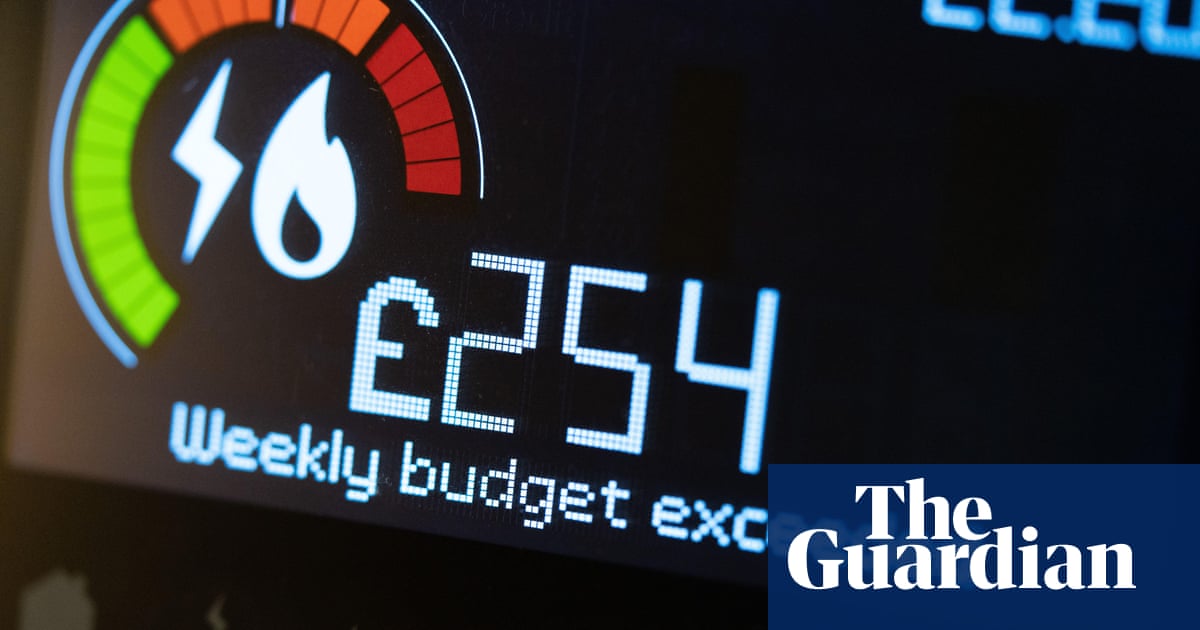
Households could end up funding £2.4bn of payments to energy suppliers that took on the customers of rivals that collapsed as a result of sky-high gas prices, the energy watchdog has told MPs, as it warned a second wave of failures could be on the horizon.
In evidence to the business, energy and industrial strategy (BEIS) select committee, Ofgem detailed the costs associated with the “supplier of last resort” system, under which customers of an energy supplier that collapses are transferred to a healthier utility company.
Since the start of last year, 30 energy suppliers have gone bust, affecting nearly 4.5 million customers, with a sharp increase gas prices in early winter leading to a spate of failures.
Suppliers of last resort that took on those customers, such as Octopus Energy and Shell, have had to buy more energy on wholesale markets and can charge the cost of that to local gas and electricity distribution networks from April.
Those grid operators, in turn, will add the extra cost to what they charge suppliers for use of their systems. That means the money will eventually be added to household energy bills, which are predicted to soar to £3,000 a year or more, exacerbated by Russia’s invasion of Ukraine.
Ofgem said: “While it is still subject to significant uncertainty, our current estimate for total claims is approximately £2.2bn-£2.4bn.”
The figure does not include costs associated with the collapse of Bulb, whose operations were taken into government control under the “special administration” regime, rather than being transferred to another operator. The consultancy firm Teneo was appointed to take over its affairs.
It also warned MPs to brace for renewed chaos in the energy markets – potentially leading to another round of failures – because of the war in Ukraine. “The volatility in the gas market is not over. Indeed, it looks likely that we are entering a second, more serious phase that will have further consequences for customers and further financial strain for retail companies.”
Ofgem said the first wave of energy supplier collapses had forced it to rethink the way it regulated the industry, which was likely to mean stricter regulation of companies but may also spell more frequent bill increases.
The regulator said companies, many of which did not hedge against high wholesale gas prices, were not resilient enough and financial regulation needed to be significantly enhanced to ensure that they were, including a tougher stress testing regime.
It added that the energy price cap, which was meant to ensure customers were not charged unfair prices, needed to adapt to rapidly changing market prices.
From 1 April Ofgem can reopen the price cap in “exceptional circumstances”, and it is considering quarterly reviews.
At the moment, the cap is reviewed every six months, with the most recent review in April allowing an increase of £693, to £1,971. Persistently high gas prices due to the Ukraine crisis have sparked predictions that the cap could increase to beyond £3,000 when the next one is announced in October.
Gillian Cooper, the head of energy policy at Citizens Advice, told members of the committee that households should not bear the full cost of further energy company failures.
“We need to move to a world where the costs of failures are not fully borne by energy bill payers,” she said. “We have estimated that the costs of all these energy supplier failures is going to cost in excess £2.4bn. That is about £94 per household. And that does not include the cost of the failure of Bulb, which is being treated separately under the special administration regime.”












